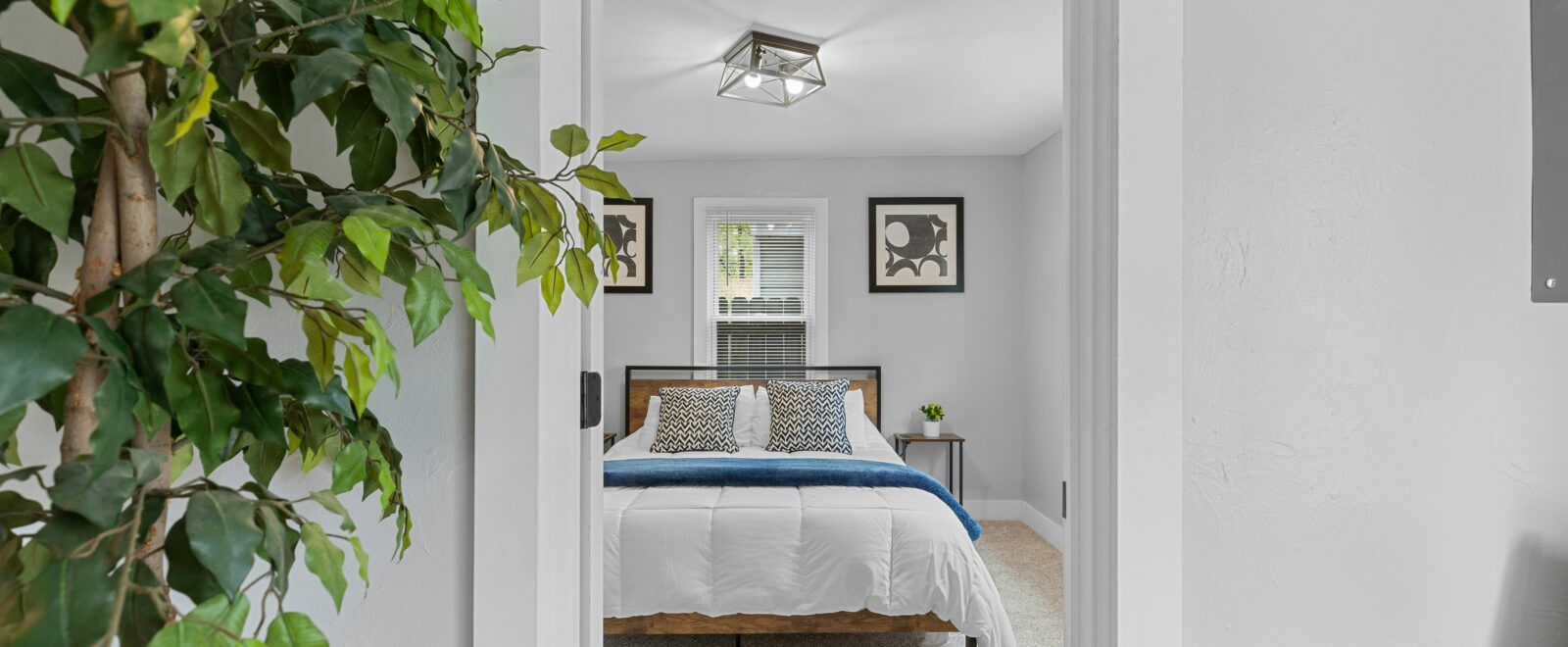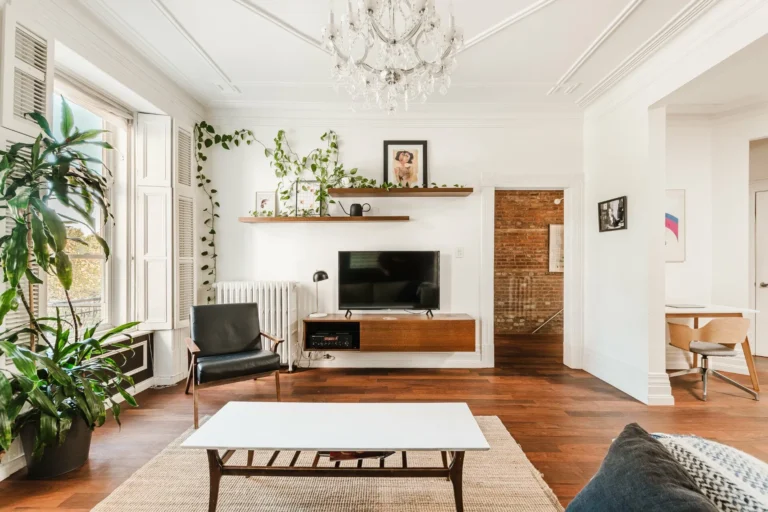Since June 2023, Bill 25 has been in force to further regulate tourist rentals in Quebec. This new legislation was prompted by a tragic tragedy in Old Montreal on March 16, 2023. By establishing a legal framework for rental accommodations, this law aims to guarantee the compliance of establishments and prevent future tragedies by ensuring the safety of occupants. In addition, access to the public register of tourist accommodation establishments in Quebec has been available since last December.
Impact of Bill 25's coming into force
With the adoption of Bill 25, rental platforms such as Airbnb, Vrbo and Monsieur Chalets now require owners (also known as hosts) to include their registration certificate number in their property rental ads.
Mandatory registration certificate
Anyone wishing to rent a property, whether a single-family home or a condo, to an entity on a short-term basis (for a period of less than 31 days) must hold a registration certificate issued by the Corporation de l’industrie touristique du Québec (CITQ). This certificate contains several essential pieces of information, including the registration number, the Minister’s signature, the address of the establishment, its category, the number of accommodation units offered for rental, and the certificate’s issue and expiry dates.
In addition, the registration certificate must be prominently displayed at the entrance to the establishment. However, if the establishment is located in a building with several residential units, it must be posted at the entrance to the building.
Significant penalties for non-compliance
In the event of non-compliance, rental platforms could face fines ranging from $10,000 to $100,000. For their part, landlords could face financial penalties ranging from $5,000 to $50,000. It is therefore essential for the parties concerned to comply rigorously with these rules in order to avoid any financial penalties.
In short, the coming into force of Bill 25 represents a step forward for security and transparency in the tourist rental industry in Quebec. By providing a clear legal framework, the law protects not only consumers, but also landlords by establishing precise rules. In addition, the establishment of a public register and the obligation to display registration certificates strengthen consumer confidence by making information easily accessible. These regulations aim to promote a more reliable and responsible tourism market, while contributing to the sustainability of the sector.
Which Montreal neighborhoods legally allow short-term rentals?
In Montreal, before renting out your property on a short-term basis, it’s essential to find out about municipal bylaws, as they vary from one neighborhood to another. For example, in the borough of Outremont, the rental of residences for tourist purposes is strictly forbidden. In the Plateau-Mont-Royal, on the other hand, it is permitted only on certain streets, such as Saint-Denis and Saint-Laurent. So it’s crucial to conduct thorough research on the specific rules in your area before taking any steps to register your property as a tourist residence.
We invite you to consult our article on the different regulations applicable to the various boroughs of Montreal.
And if you have any questions about the law governing tourist accommodations, don’t hesitate to contact our Montreal real estate brokers. They’ll be happy to provide you with all the information you need and address any concerns you may have.
Sources
OACIQ. https://www.oaciq.com/en/articles/airbnb-type-short-term-tourist-rental-restrictions
Radio-Canada. https://ici.radio-canada.ca/nouvelle/1967800/poursuite-airbnb-incendie-vieux-montreal
Radio-Canada. https://ici.radio-canada.ca/nouvelle/1978250/projet-loi-herbergement-touristique-airbnb-quebec
Radio-Canada. https://ici.radio-canada.ca/nouvelle/2126385/registre-public-citq-airbnb-quebec







